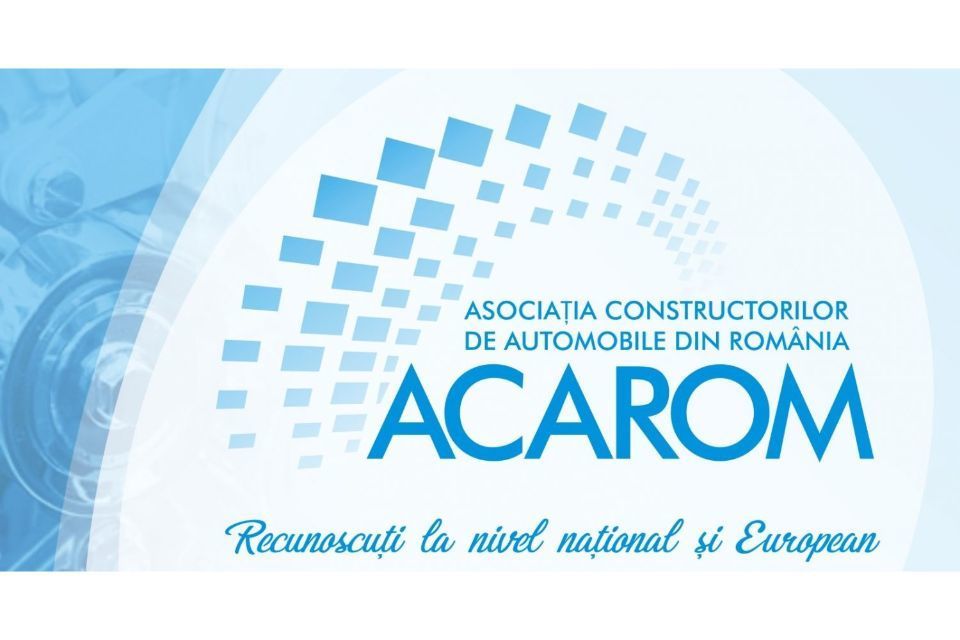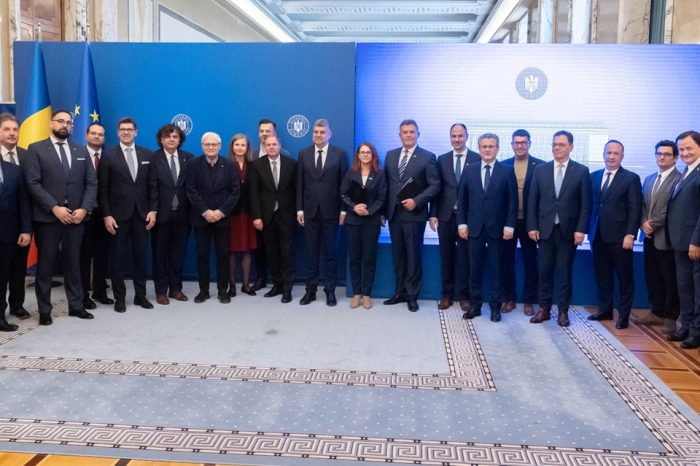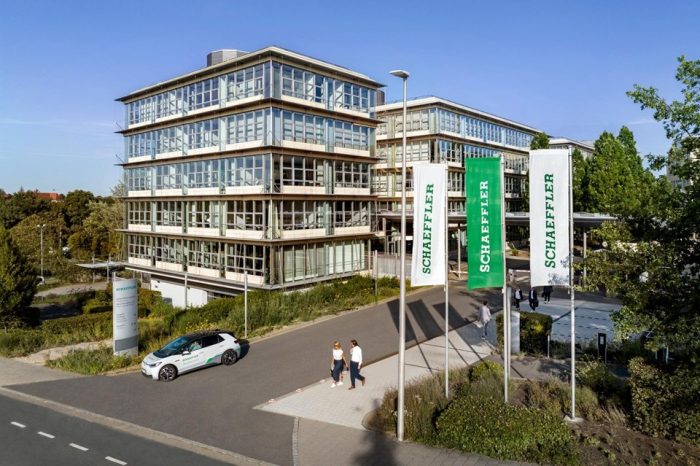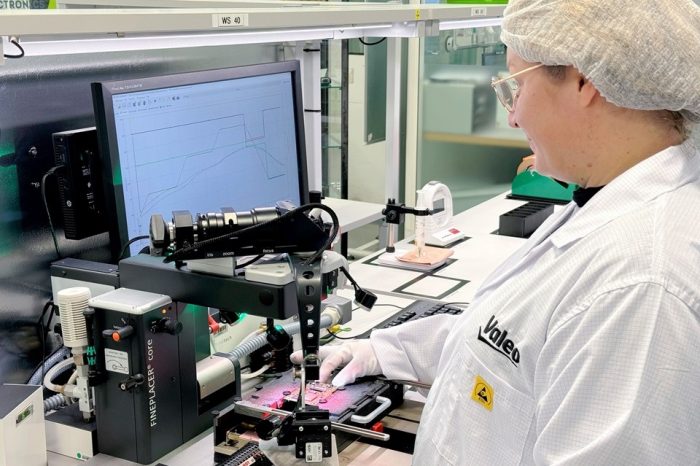ACAROM: The automotive sector is severely affected by the new fiscal budgetary measures announced by the Romanian Government

The automotive sector, represented at national level by ACAROM – the Association of Automobile Manufacturers in Romania, declares itself shocked by the new fiscal budgetary measures targeting the Rabla and Rabla Plus programs, announced in the draft Emergency Ordinance published by the Ministry of Finance yesterday, December 13, 2023.
After 3 years of successive crises that have strongly affected the automotive sector, both production and trade in new vehicles and related services; After adopting fiscal measures not previously discussed with the business environment, which directly impact the automotive sector (1% turnover taxation, microenterprise tax, etc.), we found with astonishment that the Ministry of Finance – Romanian Government proposes for adoption new measures whose application will seriously impact the automotive sector in Romania.
Thus, the change in a totally unforeseen and unbalanced way of the amount of vouchers offered under the Rabla program (at half of the current value) and of the Rabla Plus program (at 1/5 of the current value) will lead to a collapse of the new vehicle market, corroborated with an exponential increase in the import of used vehicles. In 2023 we expect the new car market to reach 145,000 units, with the major contribution of the Rabla and Rabla Plus programs.
Under the conditions of the announced measures, these programs lose their attractiveness and thus the forecast for 2024 is a disastrous one, namely a new vehicle market of maximum 80,000 units, with a direct negative impact on jobs in the sector, and on the turnover of Romanian companies in the automotive field. We also emphasize that the decrease in the values of the vouchers granted through the 2 programs will affect the possibility of Romanian citizens to purchase new, less polluting vehicles.
Thus, the beneficial effect of running the programs in previous years is canceled – the increase in the share of hybrid, electrified and electric vehicles, with the direct consequence of increasing imports of second-hand, more polluting and unsafe vehicles.
In this way, Romania will lose in several directions:
– Non-collection of VAT and taxes / contributions related to the purchase of new vehicles (minimum 65,000 units);
– Increasing pollution levels through the ageing of the car fleet (higher imports of second-hand vehicles plus postponement of the decision to renew already owned vehicles);
– The increase in trade with imported second-hand vehicles (over 1.5 million units in the last 4 years, of which over 80% are older than 8 years), the vast majority not being taxed;
– Unpredictability for the business environment with activities of distribution and sale of new vehicles, decreases in sales volumes, turnover, profitability, fiscal contribution to the national budget, and last but not least, – Direct affect of the Romanian citizen who, thus,
reduces the hope of purchasing a new vehicle with the support of these programs (the insignificant value of vouchers will discourage the purchase of a new vehicle).
Finally, we ask the Romanian Government to promptly analyze the possible negative impact of the proposed measures and to act accordingly so that the positive trend in reducing pollution by renewing the national car fleet continues in the future, on solid and predictable bases, with multi-annual programs, as in civilized states.


















